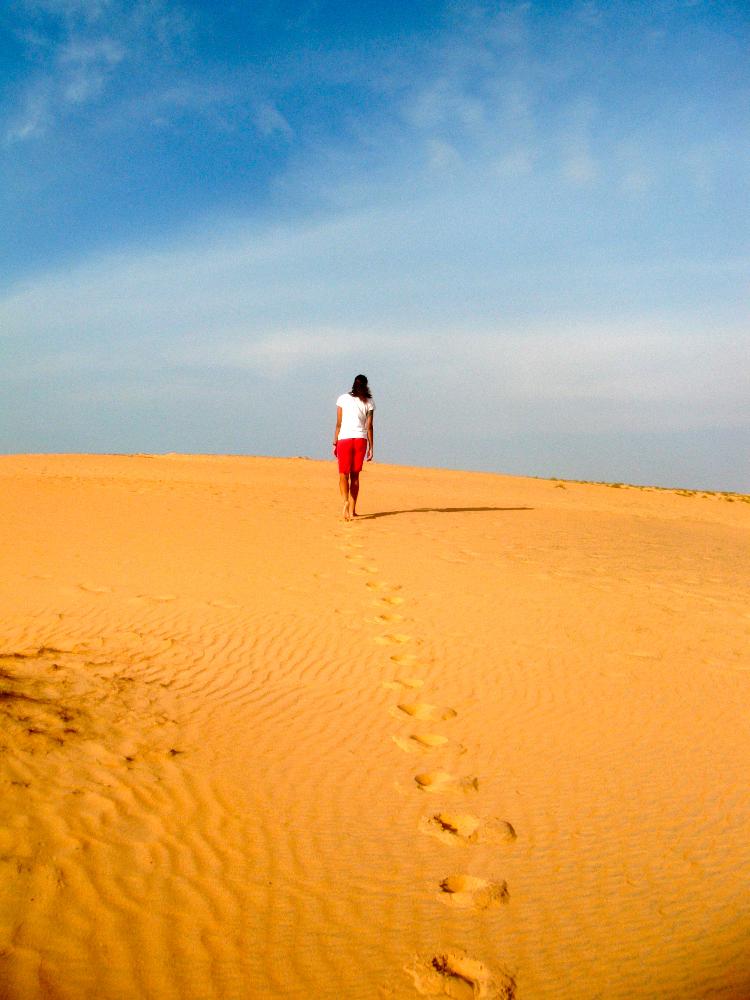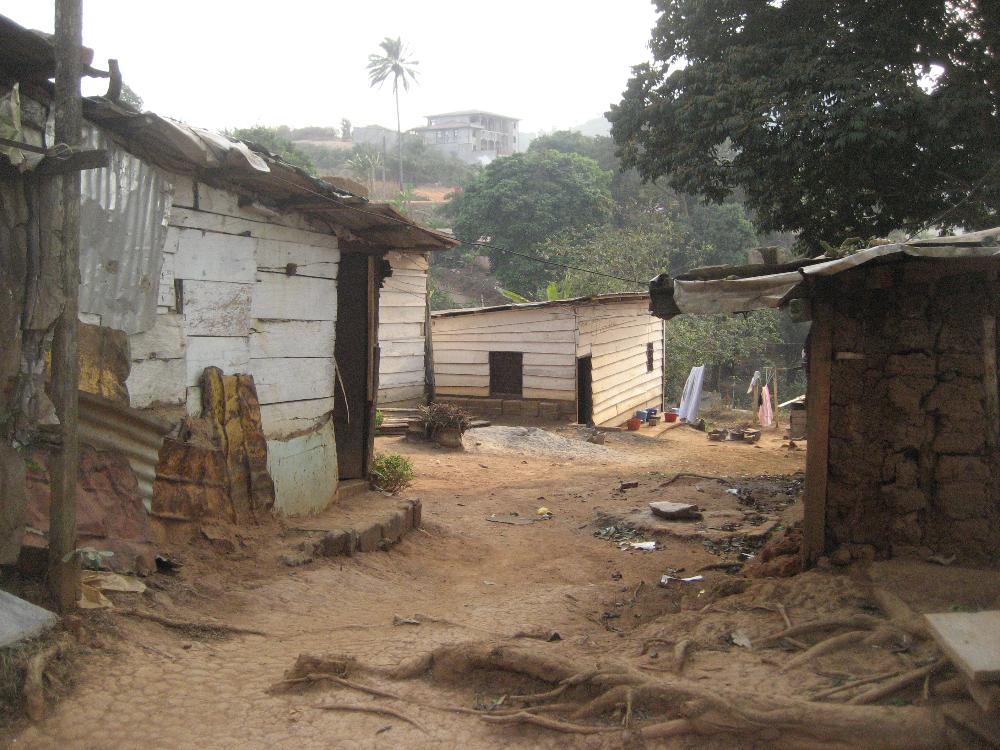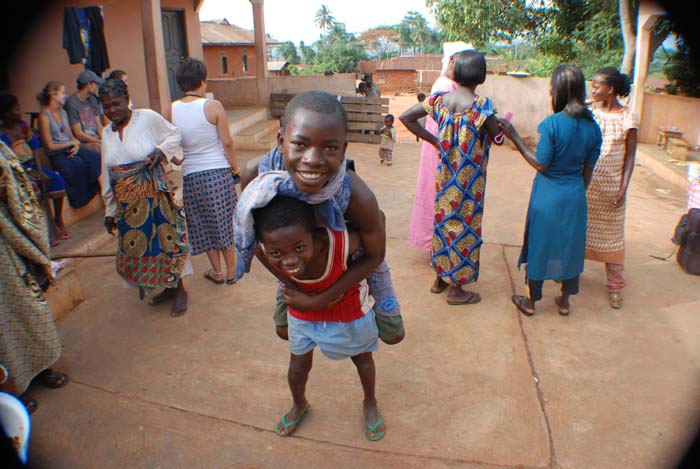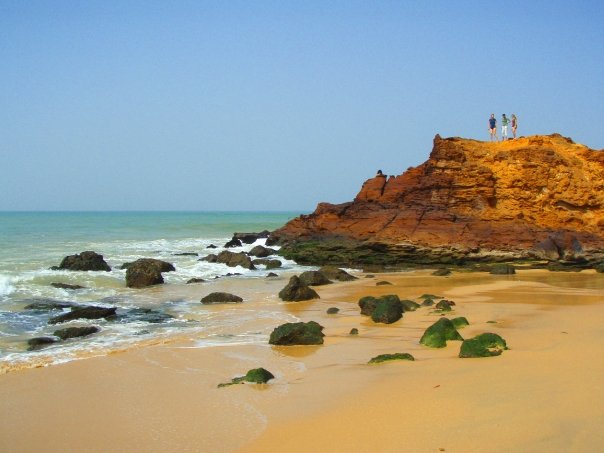Time to Heal: The Ebola Crisis One Year On
By Bryce Patterson, Marketing & Outreach Intern
Study Abroad, CU-Boulder

On May 9
th, Liberia was officially declared clear of Ebola.* This event is one of many signals of the tail end of the largest outbreak since the disease emerged in 1976, but it is a hard victory to celebrate. With a total of almost 27,000 cases, the outbreak of Ebola in western Africa last year had a devastating effect on the region and provoked fear around the globe. Given the porous borders of the countries where the earliest infections were discovered—Guinea, Liberia, and Sierra Leone—the disease moved from the local to the regional scale within a few months, going international soon afterwards.
Today, with Nigeria, Senegal, Mali, and Liberia clear of the disease and infection rates declining elsewhere, there are still many unanswered questions. How prepared was the world for an outbreak of this level? Perhaps even more importantly, how prepared will the global community be for the next one? Since late January, the World Health Organization has moved focus from slowing the spread of Ebola to ending the outbreak entirely. Despite the uncertainties about the status of Ebola moving forward, and the fears that the disease will remain endemic to the region, we believe that the international education community has an important role to play.

The safety of our students is our first priority, so we monitored the rising crisis closely in our office, starting long before Ebola was making headlines around the globe. Our western Africa programs in Morocco, Senegal, Ghana, and Cameroon were not based in countries where Ebola hit, but we saw the number of students who wanted to study abroad there this year understandably decline. We only had one application to the region (to the SIT Cameroon program) during the height of the crisis. When SIT suspended that program we were able to re-route the student to another African destination. Semester at Sea, another one of our partners, changed their ship itinerary to cancel stops in Ghana and Senegal and added extra time at ports in Spain and Italy.
Most estimates expect an end to the outbreak this year, and Semester at Sea will start to ease back in to affected areas. As the areas have been declared safe, our office will continue to offer our programs in Ghana, Senegal, Morocco, and Cameroon.

Ultimately, the United States saw more cases of Ebola within its borders than any of the countries where we offer programs in western Africa. (See
https://www.internationalsos.com/ebola/index.cfm?content_id=421&language_id=ENG for more information.)
With the process of healing just beginning in the affected areas, it is likely to be a long road to recovery. In the meantime, we have seen interest in the region rebound, with students studying abroad in Ghana this summer and Senegal this past spring and coming fall. We will continue working to prepare them to be positive influences within the communities they encounter. Prior to departure, we educate these students on basic information about Ebola so that, once abroad, they will have a working knowledge to guide them in their encounters in homestays, schools, community centers, and more.

International education is a small, but vital piece of the process of rebuilding; by creating human connections, we hope to strengthen ties between the affected countries and our own. We hope to promote understanding and dialogue about global health issues both at home and abroad. Our students will return to the U.S. and be able to share with their peers the real and ongoing concerns and issues of western Africa as it recovers from this crisis, a topic that receives very little media coverage today.
In many ways, our goal for students traveling to western Africa in the coming years is the same as it is for the students we send anywhere, anytime: to empower them through their education and apply it in a global context.
*Note that Liberia was Ebola-free at the time of the writing of this article. As of July 1st, two confirmed cases of Ebola have reappeared in Liberia. How this resurgence will affect Liberia has yet to be seen.
Last Updated July 2015
